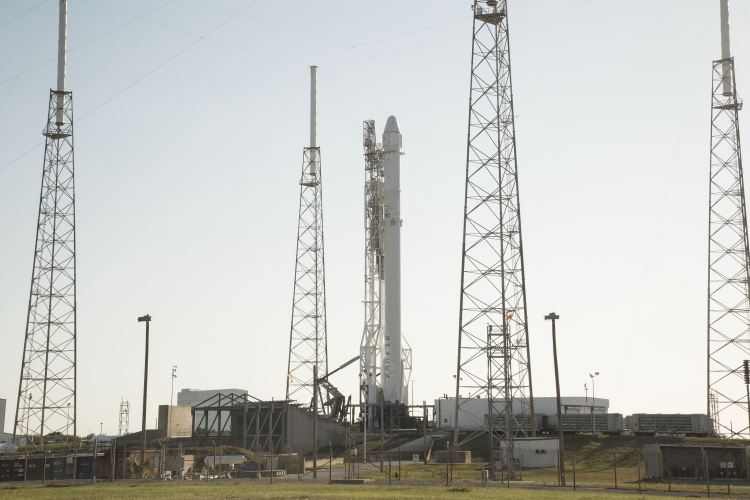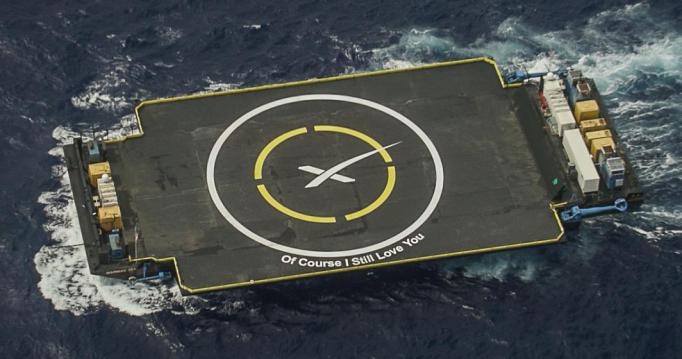News about maps
Digital cartography and GPS navigation
Mapstor news
This Day in History
Travelling with mapstor.com
Digital cartography and GPS navigation
115 years of flight
Next-generation of GPS satellites are headed to space
DJI Phantom 4 RTK - cartography of a new generation
Earthquake prediction systems
OneSoil map
Fifth attempt of SpaceX to land Falcon 9 on a floating platform was at last successful
On Friday SpaceX made the launch of Falcon 9 rocket with a cargo spacecraft Dragon. Prior to this static firing test on rocket engines have been successfully carried out on Wednesday, and on Thursday the audit showed that the system is ready for start. The launch was at 4:43 pm.
Dragon delivered to the International Space Station (ISS) a cargo with the weight of 3136 kg, including an inflatable module Bigelow Expandable Activity Module (BEAM) weighing 1413 kg. It was the eighth mission of the delivery of cargo to the ISS from twenty-as for the agreement between SpaceX and NASA. Previous attempts to deliver the cargo to the ISS using the Falcon 9 in last June failed. The rocket ship with Dragon on board exploded in the third minute after launch from the spaceport at Cape Canaveral.
Although there was excitement about the usage of the BEAM module in real conditions in space, much more interest impose the fact whether SpaceX will be able to land the first stage of the Falcon 9 on a floating platform in the ocean. Four previous attempts have failed.
At last Thursday's press conference, responsible for the launch, the vice-president of SpaceX Hans Koenigsmann announced that the company has learned lessons from previous failures, and hopes that this time it will be successful.
Fortunately, this time it really ended successfully. The first stage of the Falcon 9 has carried out a soft landing on the platform. According to Elon Musk, this rocket can be send back to the flight as early as next month.
Musk said that the engines will run 10 times in a row, and if everything is fine not damaged and works properly, the rocket is likely to resume its orbital mission in May or June. In the future, SpaceX hopes to reduce the turnaround time to restore its missiles to a few weeks.
The head of SpaceX said the Falcon 9 rocket could potentially be re-used for another 10-20 missions, and after a minor modernization of the first stage of the rocket cycle life may cover up to 100 launches.
Digital cartography and GPS navigation 09-04-2016


